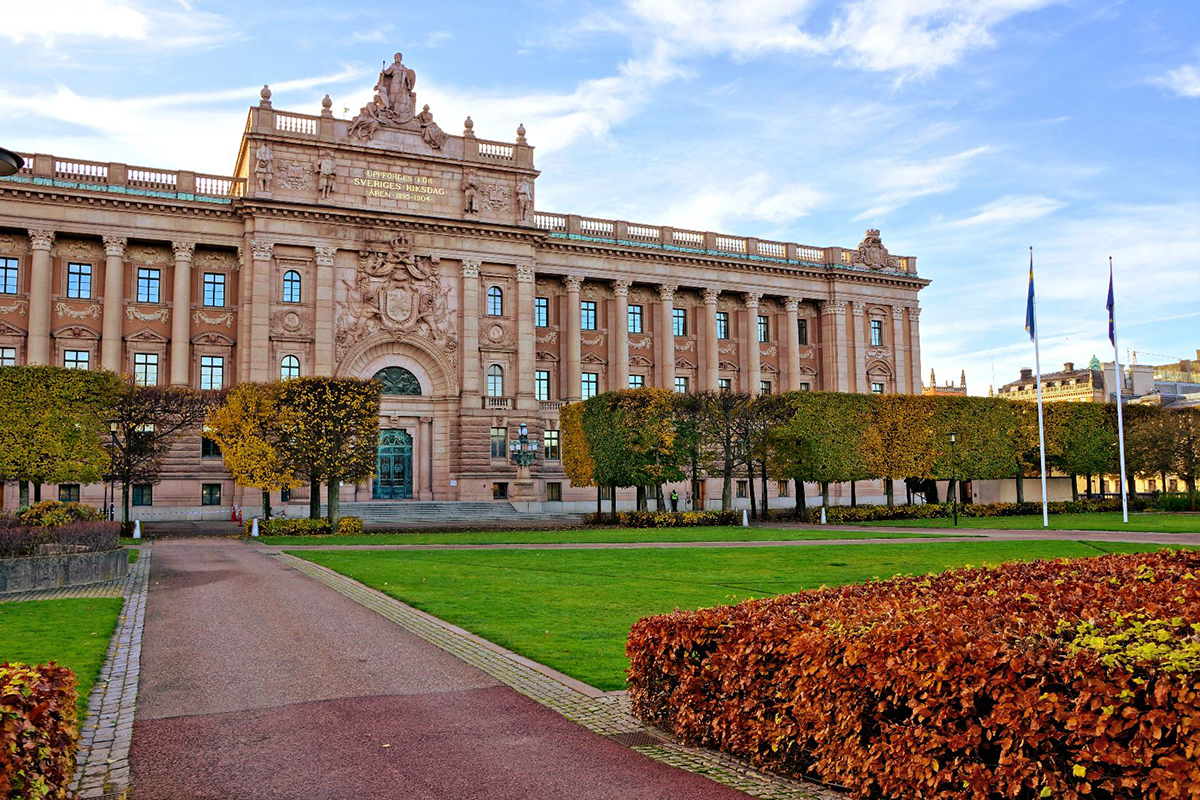The government of Sweden has given its consent to a demonstration that includes the burning of the Quran, which is planned to take place in the vicinity of a mosque in Stockholm’s city center this Wednesday. This sanction could potentially undermine Sweden’s attempt to gain admission into NATO ahead of the alliance’s crucial summit scheduled for July.
The scheduled demonstration coincides with the Muslim festival of Eid-al-Adha, one of the most revered events in the Islamic religious calendar.
The decision to allow the protest was based on upholding the principle of freedom of speech, according to the Swedish police. They added that the demonstration does not present any immediate security threats.
However, this move could potentially trigger additional repercussions in Turkey, a NATO member state that has been a significant hurdle in Sweden’s bid to join the organization. Sweden and neighbouring Finland applied for membership in NATO following Russia’s incursion into Ukraine.
NATO officials are keen on avoiding the potential humiliation that may arise from the alliance failing to achieve its expressed objective of welcoming Sweden into its fold by the 11th of July, when the next official summit is set to take place in Vilnius, the Lithuanian capital. The failure to meet this deadline is feared to send a disheartening and possibly harmful signal to opponents of the alliance.
Turkey, an important NATO member due to its strategic geographical placement straddling Europe and the Middle East and possessing the second-largest military strength within the alliance, has been a considerable roadblock in Sweden’s quest for NATO membership.
Earlier in the year, diplomatic relations between Turkey and Sweden were severely strained when an anti-immigration politician ignited a copy of the Quran during a rally outside the Turkish embassy in Stockholm.
This incident led to strong reactions in Ankara, Turkey’s capital, with protesters burning the Swedish flag outside the Swedish embassy in retaliation.
The Turkish foreign minister at the time reportedly accused the Swedish government of complicity in this “despicable act”, as per reports from a state-run news agency Anadolu.
In an interview, an Eastern European diplomat expressed fear that any delay in Sweden’s NATO accession could potentially empower those against NATO while giving the impression of Turkish President Erdogan’s dominance over the alliance. The diplomat added that Erdogan could exploit this situation to assert Turkey’s influence, even as Sweden remains entangled with its anti-terrorism laws.
During a press conference, Tobias Billstrom, the Swedish Foreign Minister, declared that Sweden had met all the necessary criteria set by Turkey for NATO membership, including introducing a new law on terrorism.
Billstrom said, “Sweden has recently enacted a law criminalizing any form of participation in a terrorist organization that encourages, strengthens, or supports it in any way. By doing so, we are fulfilling the final elements of our agreement.”
Nevertheless, the authorization of the Quran-burning protest may further strain the already fragile Swedish-Turkish relations and impact Sweden’s aspirations to join NATO.
Freedom of speech The planned Quran burning is the initiative of a single individual, who is expected to be the sole participant, apart from his translator.
Salwan Momika, who immigrated to Sweden five years ago from Iraq and held Swedish citizenship, revealed to CNN over the phone on Wednesday that he is an atheist.
Momika informed that his protest culminated in three months of legal struggle.
He said, “This book [Quran] should be globally prohibited because it threatens democracy, ethics, human values, human rights, and women’s rights. It is incompatible with the contemporary world.”
A police permit viewed by CNN specifies that “the security risks and potential repercussions associated with a Quran burning are not so grave as to legally justify a refusal of a request for a public meeting.”
The permit further warns that Quran burnings could “increase the risk of a terrorist attack” and “might have foreign policy implications.”
However, it clarified that to deny permission for a public gathering, the security issues must be directly linked to the planned event or its immediate surroundings.
Authorities have allowed the demonstration under certain conditions, including a fire ban in Stockholm effective since June 12, which “remains until further notice.”
Helena Bostrom Thomas, a spokesperson for the Stockholm police, told CNN over the phone that the applicant had been notified of the fire ban restrictions. However, she added that “the principle of freedom of speech has greater weight even if he [the protester] breaches the fire ban restrictions.”
Despite adhering to the principle of freedom of speech, Sweden’s sanction of the Quran-burning protest could exacerbate tensions with Turkey and put a dent in its aspirations to join NATO. The lone protestor, an Iraqi-Swedish atheist, asserts that he intends to highlight what he perceives as the dangers the Quran poses to modern values. However, this demonstration might be seen as a hostile act by the Islamic community, particularly by Turkey, risking further diplomatic complications and potential security threats.







